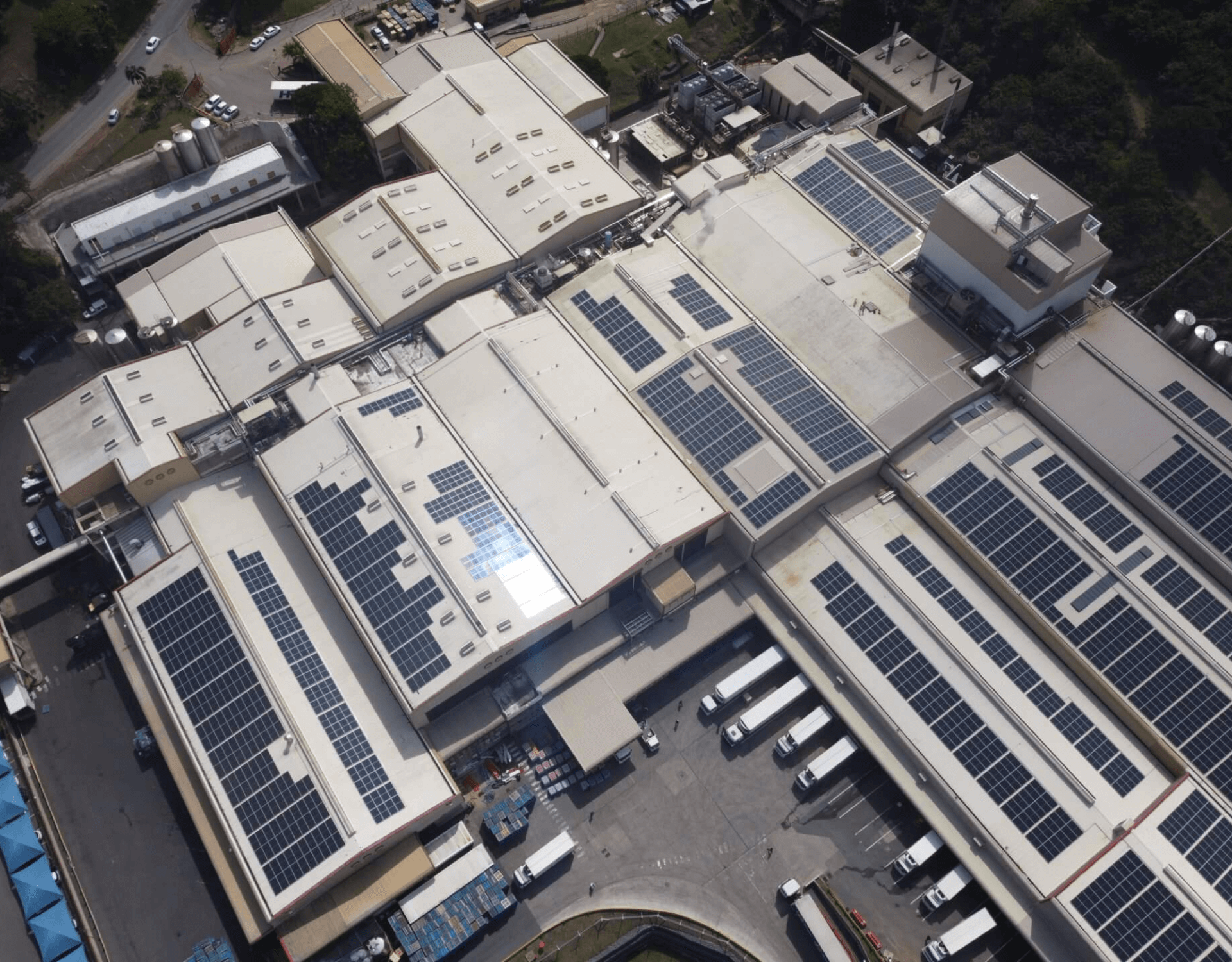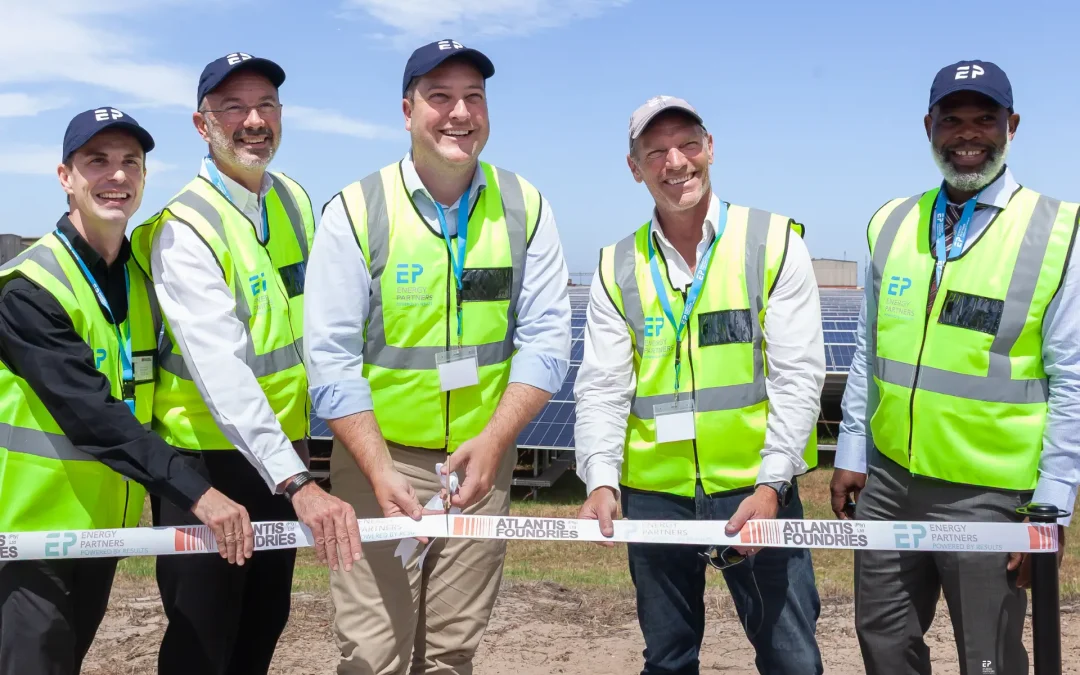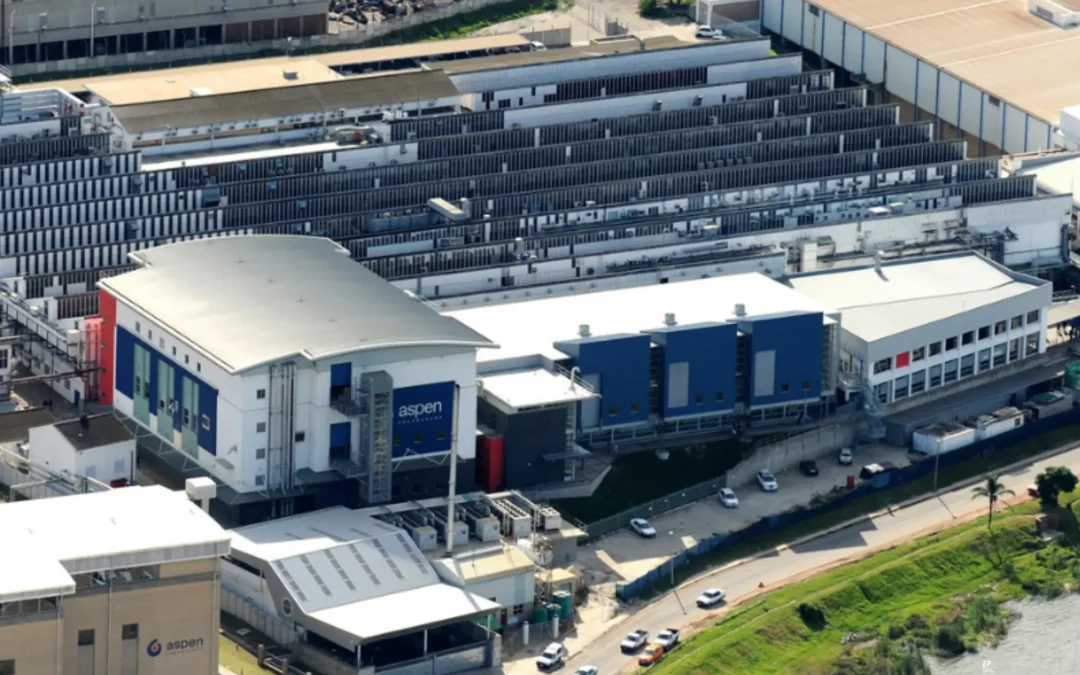South Africa, and countries around the world are experiencing rapid increases in technical skills shortages. In many areas, this issue has deteriorated to the point where several industries (especially those in the engineering disciplines) have started to bring skilled professionals out of retirement. In the fast-changing technical world of engineering, it further requires constant training and specialisation to remain proficient.
This means that many diverse industries in South Africa do not have ready access to this shrinking skills pool, and when companies have needs that include refrigeration, steam production or energy generation, the solution is increasingly to outsource these functions to dedicated service providers for operation and maintenance.
As Manie de Waal, CEO Energy Partners – a part of the PSG group of companies points out, that when businesses rely on all three of these essential operations, it becomes even more important to outsource these to dedicated service providers. “Operating and maintaining one’s steam, refrigeration and renewable energy systems places the difficult responsibility of attracting the necessary skills on the business.”
He adds that combining these utility services under one outsourced contract not only removes this obstacle but can also lead to additional cost savings. “However, this requires a service provider that knows how to integrate technologies and is able to draw on the expertise of highly skilled technical teams.”
Dawie Kriel, Head of EP Refrigeration Division adds to this by explaining that virtually all outsourced utility projects have the opportunity to combine inputs to create better efficiencies for the end user. “A good example is the work that we as a business did with Clover SA. There, we combined our solar energy and refrigeration services into a single contract. The result is that 16% of the electricity of the refrigeration plant comes from the solar system, and we also deliver hot water to the boiler feed to reduce coal consumption and carbon emissions.”
He notes that this will reduce the client’s carbon emissions by 132 million tons over the next 20 years. “The Clover refrigeration plant’s efficiency has increased by 33% and pairing it with the solar energy generation system has reduced their energy costs by around 40%. We are also recovering 6% of the refrigeration system’s heat to pre-heat the feedwater for the steam system.”
De Waal says that a capable solar power provider is able to offer clients up to 60% saving on their current grid price of electricity through a Power Purchase Agreement. “In addition to this, service providers should also be able to put guarantees in place regarding future power purchase tariffs. For example, our own annual increases are capped at 6%, which is well below the annual increases to grid-tied energy.”
In terms of steam production, while collaboration with other outsourced utility providers is less common, when this is done the benefits are substantial. Jonathan Probert, Head of Business Development for EP Steam, says that it is only within the last year or two that many businesses have recognised the value of collaboration where steam is concerned. “We have worked on a number of projects where steam production is combined with solar and refrigeration under one contract. The good thing is that these are for large clients that include Lynca Meats, Sovereign Foods and Clover SA, all significant projects that yield a lot of data and serve as examples of how well a client can benefit by combining these services.”
He notes that, unlike the link between refrigeration and renewable energy, the synergy between steam production and the other two utilities is less obvious. “There are fewer projects that actually have a steam requirement alongside refrigeration and renewable energy. However, the projects that do make use of all three definitely start to operate more efficiently when they have these services coordinated under one roof.
Given that there is so much data being shared between Energy Partners’ divisions, the team is constantly using these opportunities to increase efficiency. “In the end, being able to do things like preheating water with waste heat from the refrigeration system can lead to a 1-2% decrease in their steam costs. For a large operation, this is a not an insignificant saving.”
Kriel says that the team is now also looking to take these learnings further and apply them to other contracts for other major clients. “We are now looking at clients like Sovereign Foods Hartbeespoort as a next step, where electrical power is a problem and solar will be key to the expansion of the refrigeration system. The basic principle is that a refrigeration system generates heat and cooling from electricity. It is also possible to generate cooling from heat (steam), and electricity from heat. These components are all interchangeable, which is why we can take a holistic approach.”
He imparts that the secret to any good system or product is simplicity. “Servitisation simplifies the operations of our customers by removing risk from the day-to-day production and allows the management team to focus on core tasks. Finding opportunities to combine these services takes that further by giving your team the ability to vastly improve their operations,” he concludes.





